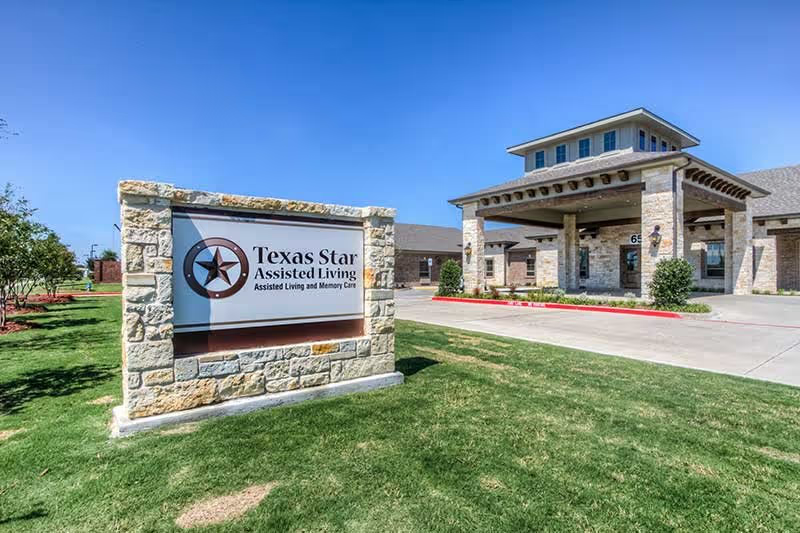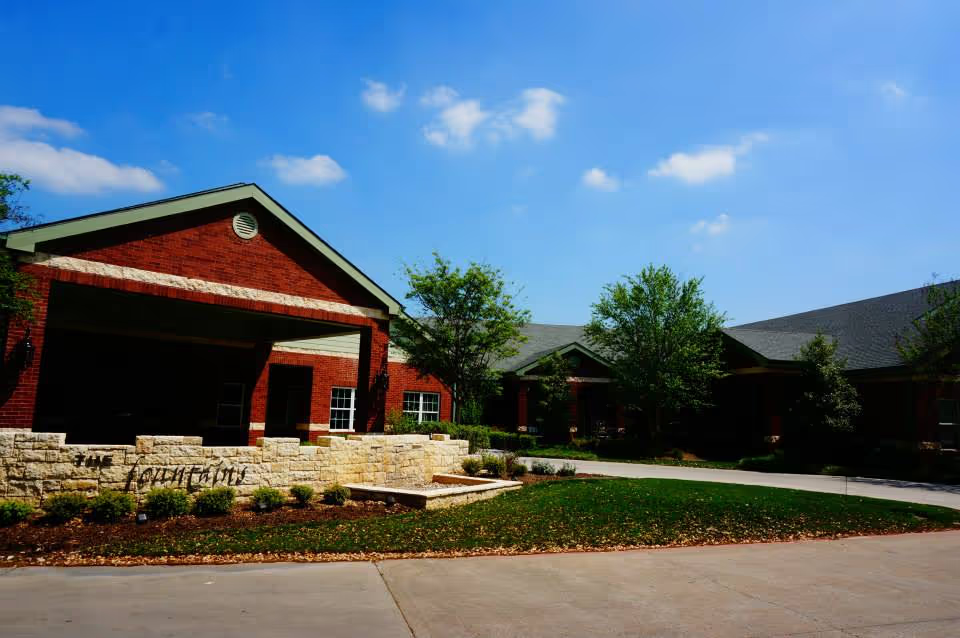Overall sentiment is mixed but consistent in two major themes: the physical environment and amenities are strong and often praised, while day-to-day caregiving and management reliability raise significant concerns. Many reviewers highlight Immanuel: The Landing as an attractive, modern, and well-maintained community with a wide array of amenities that support active living. Positive comments repeatedly emphasize the warm pool and lap-swimming opportunities, a full gym and spa, specialized spaces like a wood shop, salon, on-site bank, parking garage, and extensive activity programming. Several reviewers describe the facility as clean, beautiful, and newly renovated in places, with spacious apartments and restaurant-style dining that many residents find delicious. The community atmosphere is frequently called positive: neighbors can be great, staff are described as welcoming in many accounts, and programs such as Silver Sneakers, exercise classes, computer classes, and engaging speakers are available. Specific staff members receive standout praise — Roxie, a therapist, is credited with significant functional improvements for residents (pain reduction, weight loss, improved mobility, ability to swim laps, adaptability for an amputee), and another staff member, Jennifer, is named as pleasant and helpful. These concrete successes bolster the facility's reputation for effective rehabilitation and fitness support when staff and programming are consistent.
Contrasting sharply with the strong physical and programmatic features are recurring and substantive complaints about direct care, staffing consistency, and management culture. Several reviews report disorganized staff, short-tempered interactions, delayed assistance with daily needs, and delays in medication administration. There are allegations of neglected personal hygiene for some residents and a general lack of follow-through from staff and management. One review calls out management as impersonal and image-focused, naming Glori Trube specifically, and multiple summaries mention a pattern of insufficient managerial accountability. This results in two-tiered experiences: some residents receive excellent, attentive care and thrive, while others appear to be emotionally drained, withdrawn, or simply 'vegetating' in front of the television due to lack of engagement. The inconsistency is emphasized by the same reviewers who note staff members going above and beyond; the takeaway is that care quality depends heavily on which staff are on duty and how well management addresses lapses.
Activities and engagement show a similar split between availability and execution. The community offers a wide range of activities — card playing, exercise classes, speakers, computer classes, and many social opportunities — and many residents find them appealing. However, multiple reviewers note that staff sometimes fail to actively engage residents in those activities, leading to lower participation and residents spending time passively. Accessibility and wayfinding are mentioned as practical concerns: some reviewers find the layout hard to navigate, and there are reports of no one at the entry door at times, which raises safety and first-impression issues.
Cost is a clear consideration: several reviewers describe Immanuel: The Landing as very expensive or having a high buy-in cost, even while noting that apartments are larger or offer good value relative to space. This price point amplifies expectations around consistent, high-quality caregiving and management responsiveness; when those expectations are not met, dissatisfaction is sharper. Another nuanced critique is that while the facility looks clean and attractive on the surface, some reviewers suggest that this cleanliness may be superficial if deeper caregiving needs (hygiene, timely medication) are not consistently addressed.
In summary, Immanuel: The Landing presents as a top-tier physical environment with robust amenities, strong dining, and effective therapeutic programming when staff resources are functioning well. The main risk factors for prospective residents and families are variability in direct care and staff demeanor, documented delays in assistance and medication, occasional neglect of personal care, and concerns about managerial priorities and follow-through. These issues coexist with many positive reports of helpful, smiling staff and standout individuals who provide exceptional therapy and service. Prospective residents should weigh the facility's excellent amenities and rehabilitation capabilities against the reported inconsistencies in caregiving and should consider specific due diligence: visit multiple times at different hours, ask about medication administration protocols, staff turnover and training, management response to complaints, and opportunities to meet direct-care staff and therapists (such as Roxie) before committing.







